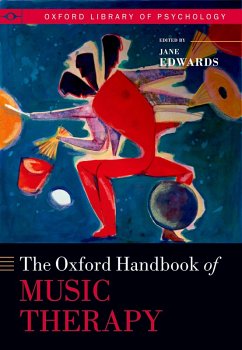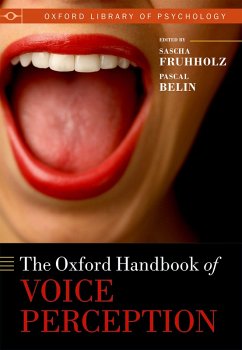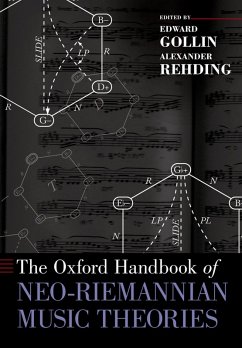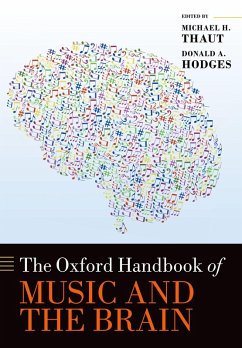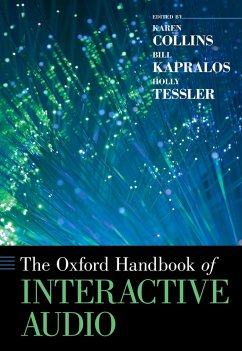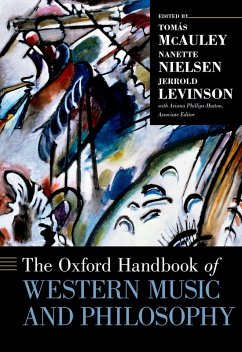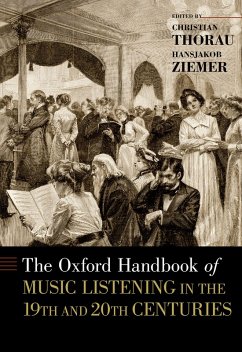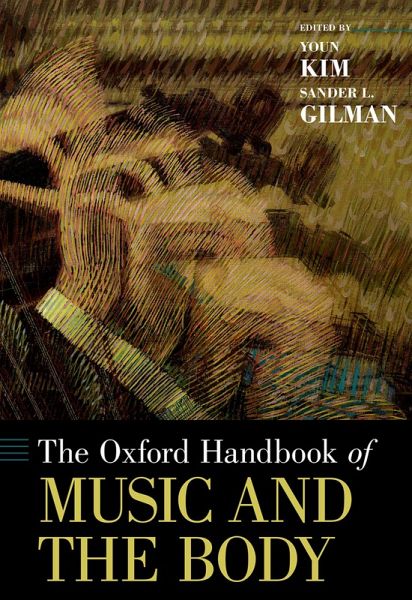
The Oxford Handbook of Music and the Body (eBook, PDF)
Versandkostenfrei!
Sofort per Download lieferbar
64,95 €
inkl. MwSt.
Weitere Ausgaben:

PAYBACK Punkte
32 °P sammeln!
The presence of the phenomenological body is central to music in all of its varieties and contradictions. With the explosion of scholarly works on the body in virtually every field in the humanities, the social as well as the biomedical sciences, the question of how such a complex understanding of the body is related to music, with its own complexity, has been investigated within specific disciplinary perspectives. The Oxford Handbook of Music and the Body brings together scholars from across these fields, providing a platform for the discussion of the multidimensional interfaces of music and ...
The presence of the phenomenological body is central to music in all of its varieties and contradictions. With the explosion of scholarly works on the body in virtually every field in the humanities, the social as well as the biomedical sciences, the question of how such a complex understanding of the body is related to music, with its own complexity, has been investigated within specific disciplinary perspectives. The Oxford Handbook of Music and the Body brings together scholars from across these fields, providing a platform for the discussion of the multidimensional interfaces of music and the body. The book is organized into six sections, each discussing a topic that defines the field: the moving and performing body; the musical brain and psyche; embodied mind, embodied rhythm; the disabled and sexual body; music as medicine; and the multimodal body. Connecting a wide array of diverse perspectives and presenting a survey of research and practice, the Handbook provides an introduction into the rich world of music and the body.
Dieser Download kann aus rechtlichen Gründen nur mit Rechnungsadresse in A, B, BG, CY, CZ, D, DK, EW, E, FIN, F, GR, HR, H, IRL, I, LT, L, LR, M, NL, PL, P, R, S, SLO, SK ausgeliefert werden.




